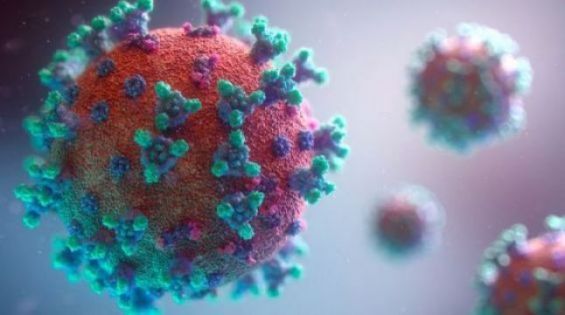A recent study, conducted by a group of Moroccan scientists, suggests that a number of coronavirus infections in several countries may be linked to the virus itself instead of the measures implemented to counter it.
Entitled «Large scale genomic analysis of 3,067 SARS-CoV-2 genomes reveals a clonal geo-distribution and a rich genetic variations of hotspots mutations», the study focuses on the SARS-CoV-2 genomes to better understand the virus.
To do that, the group of researchers from Mohammed VI University in Rabat collected and analyzed 3,067 SARS-CoV-2 genomes from 59 countries during the first three months following the spread of the virus. «Using comparative genomics analysis, we traced the profiles of the whole-genome mutations and compared the frequency of each mutation in the studied population», the study indicated.
Mutations
The results were astounding. According to the same study, published on open access preprint repository for the biological sciences bioRxiv, the analysis showed that «716 site mutations, of which 457 (64%) had a non-synonymous effect».
«Frequencies of mutated alleles revealed the presence of 39 recurrent non-synonymous mutations, including 10 hotspot mutations with a prevalence higher than 0.10 in this population and distributed in six genes of SARS-CoV-2», it added.
.jpg)
The study further explains that «under normal circumstances genomic variation increase the viruses spread and pathogenicity».
Researchers referred to countries, where the spread of the virus was rapid and resulted in a huge number of infections, linking that to the discovered mutations.
«Spain, Italy, and the US contain a high number of specific mutations which may be the cause of a rapid transmission, especially in the US. These specific mutations may also be correlated with the critical condition in Italy and Spain».
The study has also been able to identify the existence of three major clades in various geographic regions, observing «an increase of mutations over time following the first dissemination event from China».





 chargement...
chargement...
















